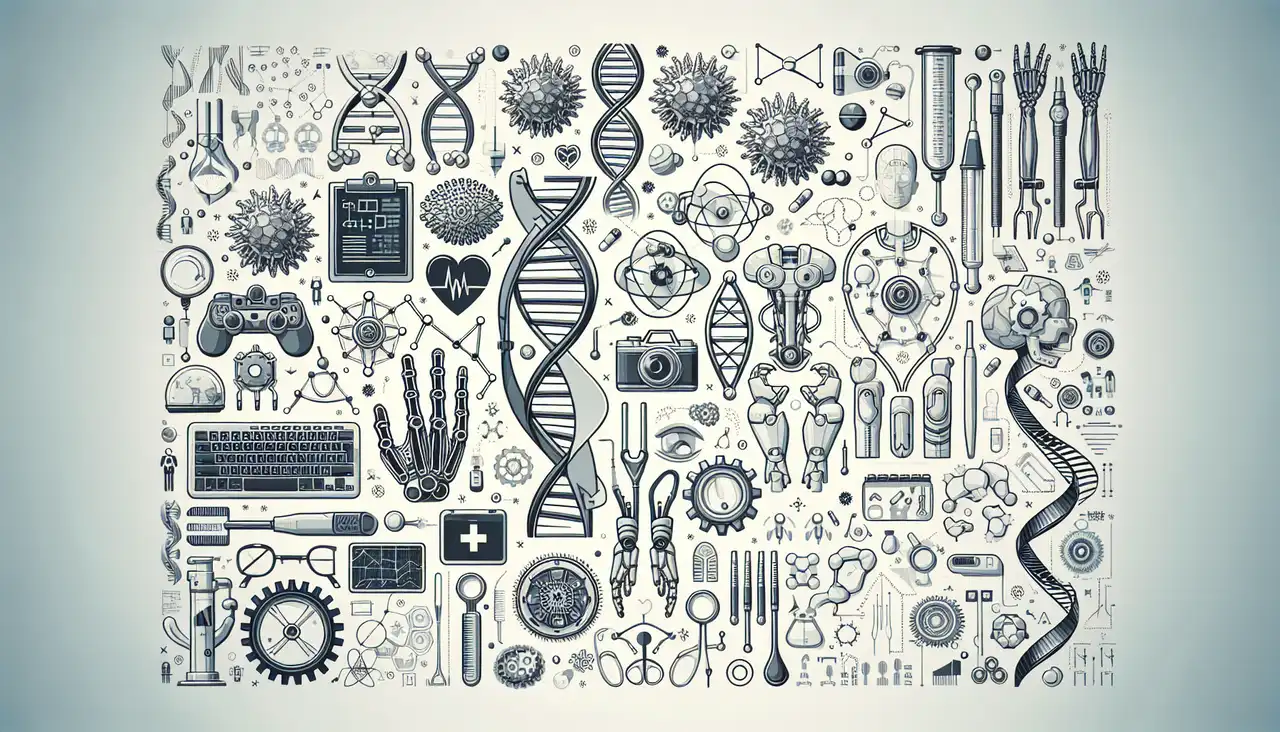

Shinya Yamanaka
Dr. Shinya Yamanaka, MD, PhD, is a distinguished professor at the University of California, San Francisco, renowned for his pioneering work in stem cell research. A Nobel laureate, Dr. Yamanaka's groundbreaking discovery of transforming ordinary adult skin cells into pluripotent stem cells has revolutionized the field of regenerative medicine. These induced pluripotent stem cells (iPS cells) possess the remarkable ability to differentiate into any cell type in the human body, offering unprecedented opportunities for medical advancements. Dr. Yamanaka's research has significantly contributed to the development of regenerative therapies aimed at repairing damaged cells and tissues. His work has been instrumental in positioning UCSF as a global leader in stem cell research, attracting eminent scientists and fostering a collaborative environment that drives innovation. The establishment of initiatives like Proposition 71 and the California Institute for Regenerative Medicine (CIRM) has further bolstered UCSF's capabilities, enabling the recruitment of top-tier researchers and securing vital funding for state-of-the-art stem cell research facilities. The potential applications of iPS cells extend beyond regenerative medicine, offering new avenues for disease modeling, drug development, and testing. Dr. Yamanaka's contributions have opened doors to novel treatments for a range of conditions, including Type 1 diabetes and neurological disorders. His work underscores the critical role of basic science in advancing our understanding of complex diseases and developing effective therapies. At UCSF, Dr. Yamanaka collaborates with esteemed colleagues like Dr. Arnold Kriegstein, MD, PhD, who have furthered the field through strategic recruitment and resource acquisition. Together, they have cultivated an environment that emphasizes the importance of interdisciplinary research and the translation of scientific discoveries into practical applications. Dr. Yamanaka's dedication to stem cell research continues to inspire the next generation of scientists, fostering a culture of curiosity and innovation. His contributions have not only advanced the scientific community's understanding of cellular biology but also provided hope for patients worldwide, highlighting the transformative potential of stem cell technology in addressing some of the most pressing medical challenges of our time.
Publications
, e2247704, 2022-12-27
, e4, 2023-01-01
, 1501-1507, 1993-12-01
, 1013-1020, 1998-06-01
, 126-131, 1999-07-01
, 752-760, 1998-10-05
, 50-56, 1998-01-01
, 820-830, 2022-05-31